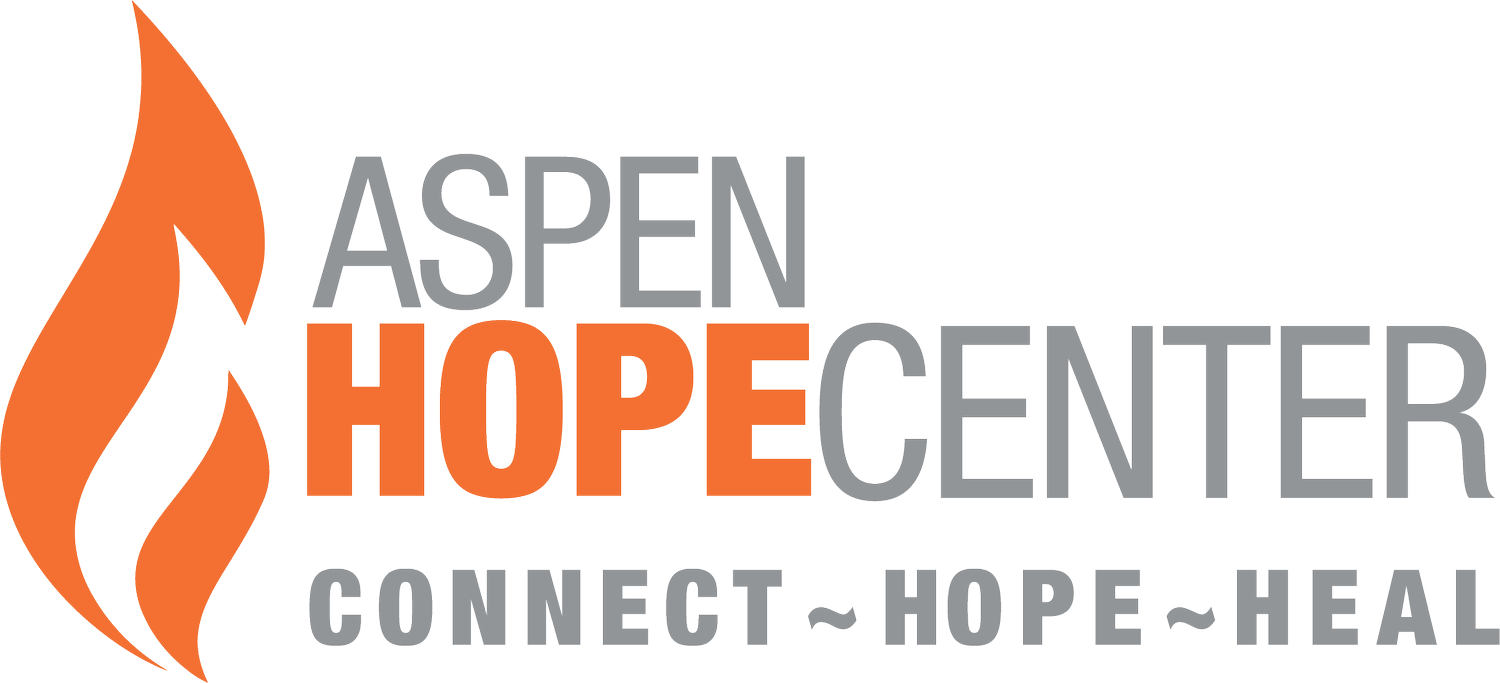Finding Hope at the Aspen Hope Center
Editor-in-chief Cindy Hirschfeld in her happy place.
IMAGE: COURTESY: CINDY HIRSCHFELD
When I sat down over coffee with Aspen Hope Center Executive Director Michelle Muething last spring to talk about a possible story in Aspen Sojourner, I wasn’t sure where it would lead. Hundreds of nonprofits vie for funds and other support in the Roaring Fork Valley, and many of them ask me to run stories about their very admirable deeds. The biggest obstacles are finding enough room in the magazine and conveying these stories in a way that will capture your interest. I was prepared to tell Michelle a polite no for now.
But as we talked, I started to learn what the Hope Center really does. It’s much, much more than the suicide hotline I’d had in mind. Not only do Hope Center clinicians respond in person, right away, to people in any kind of mental health crisis, but they provide counseling and other types of support for as long as needed afterward.
What intrigued me most during our conversation was discussing the special challenges posed to mental health balance by living in a resort area. We’re all aware how social media can give us a warped perspective of what our lives seemingly lack in comparison to the fabulous posts we see from others. But being in Aspen adds a paradoxical twist: we’re supposed to be the ones with the fabulous lives in paradise; how come it doesn’t always feel that way?
Combine the pressure of that perception with other stressors in an absurdly wealthy ski town—working multiple jobs, maintaining money and status, overdoing the party scene—and it’s a wonder we aren’t all beating down the Hope Center’s doors.
And that’s the problem. More of us should be reaching out for help, whether to the Hope Center or other local resources. But the traditional stigma of doing so, compounded by the guilt or shame of struggling in the shadow of someone else’s vacation, holds back many.
What if, I asked Michelle, we could get some locals who had relied on the Hope Center to share personal accounts of their setbacks? Not only could we highlight the center’s important work, but we could also possibly help ease the reluctance of asking for help. Michelle agreed, and my initial “no” turned into an enthusiastic “yes.”
For the resulting feature that appears in this issue, contributing editor Amanda Rae beautifully captures the stories of several local residents who have found everything from solace to life-saving support from the Hope Center’s dedicated staff. I hope that reading these may encourage you to ask for help from friends, family, or an organization like the Hope Center if you feel the need or to lend an empathetic ear to someone in crisis. Especially, I’d like to thank those who so bravely and wholeheartedly shared their narratives with us. As one of them notes, “We all heal by hearing other people talk.”

